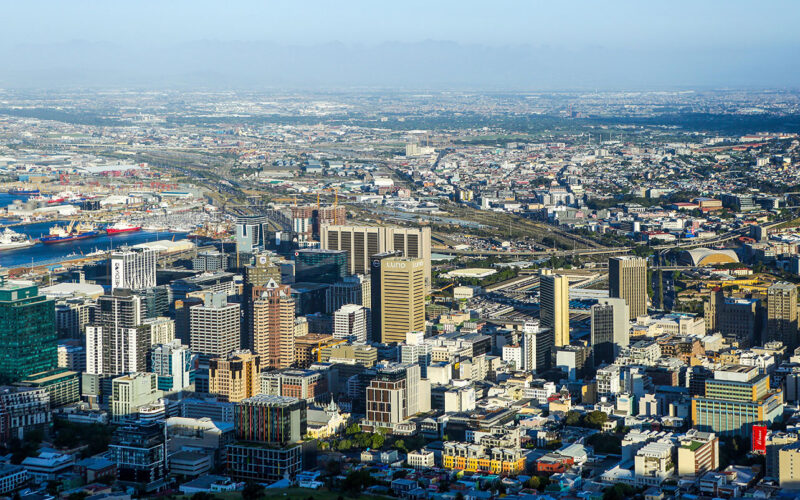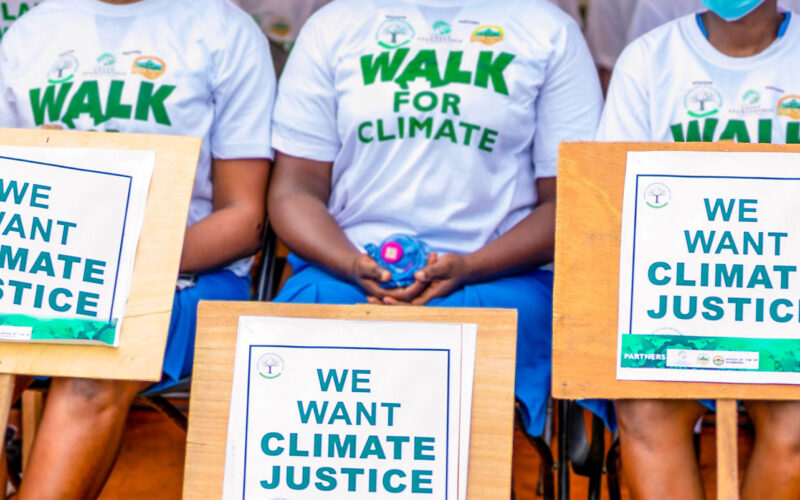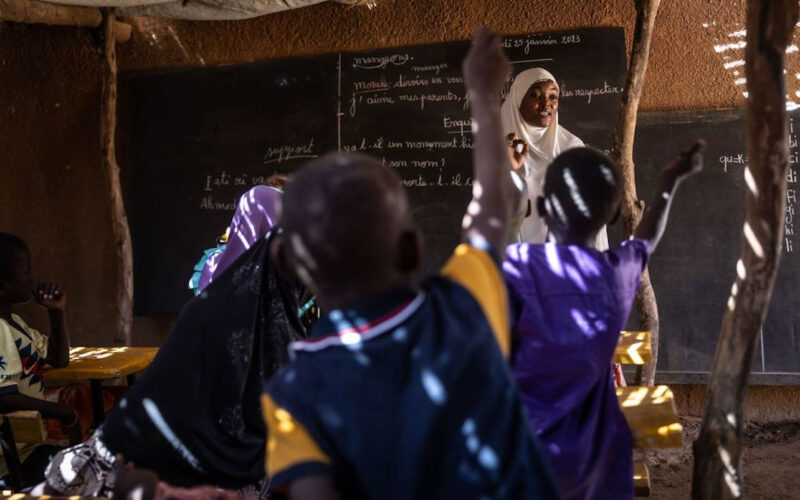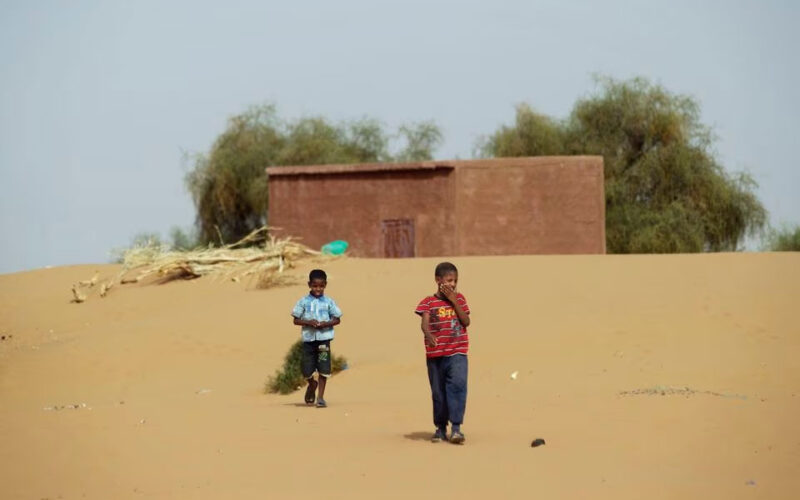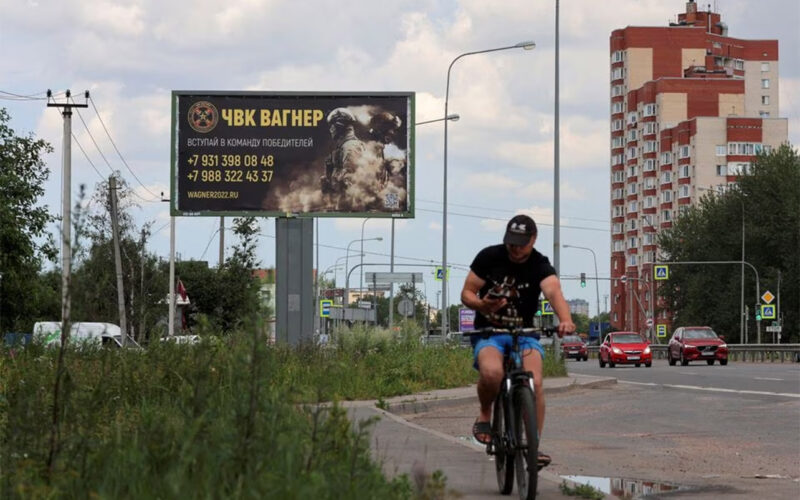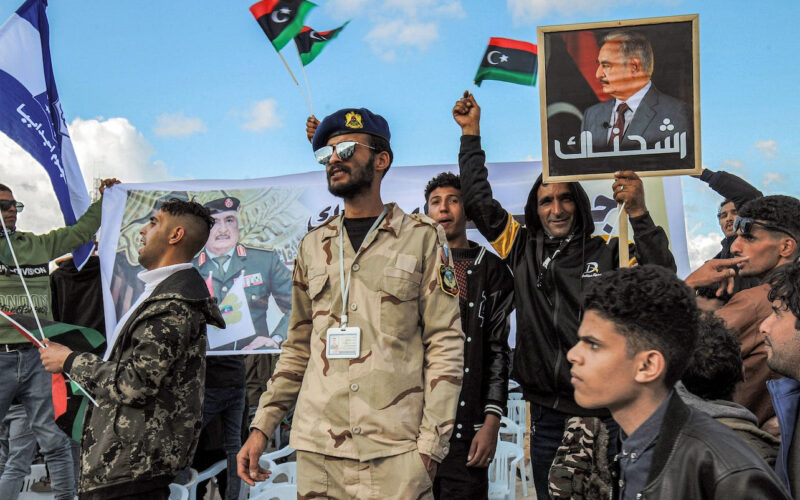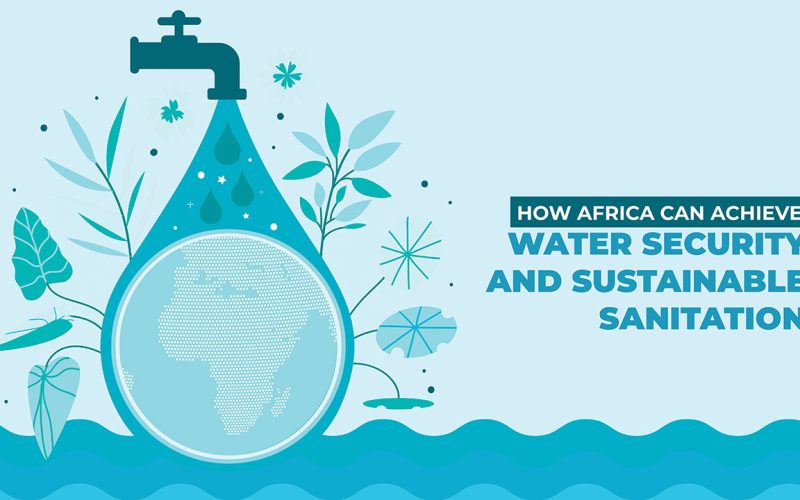
Colonialism shaped modern universities in Africa – how they can become truly African
COLONIALISM profoundly shaped modern universities in Africa. It implanted institutions on African soil that were largely replicas of European universities rather than organically African. For historian and political theorist Achille Mbembe, one problem of universities in Africa “is that they are ‘Westernised”. He describes them as “local institutions of a dominant academic model based on a Eurocentric epistemic canon that attributes truth only to the Western way of knowledge production”. This model, he says, “disregards other epistemic traditions”. SALEEM BADAT, Research Professor, UFS History Department, University of the Free State My research is mainly on universities, especially on issues of…

